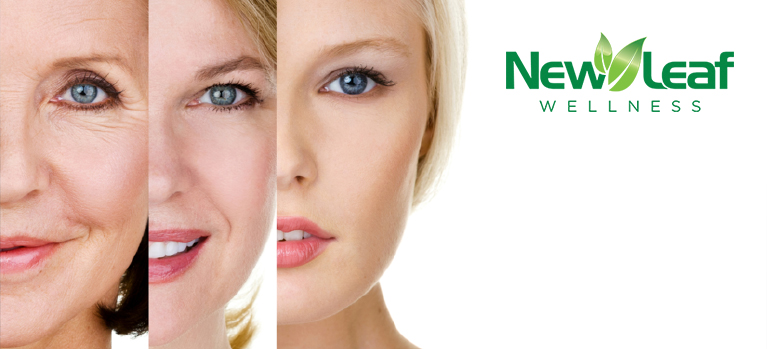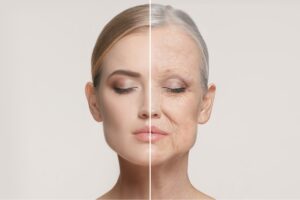Start your Journey of Inspiration and Action in 2024
with our 7-part series…
Ignite Your Health: Empower Yourself with Bio-Identical Hormones!
In the journey to optimal health and well-being, the quest for hormonal balance plays a pivotal role. Hormones act as messengers in the body, influencing everything from mood and energy levels to metabolism and overall vitality. However, maintaining harmony within this intricate system can be a challenge, especially as the natural aging process takes its toll. Fortunately, there’s a powerful ally in the form of bio-identical hormones, offering a revolutionary approach to empower individuals on their wellness journey.
Bio-identical hormones are compounds that closely mimic the molecular structure of hormones produced by the human body. Unlike synthetic hormones, these natural replicas are derived from plant sources, making them a safer and more compatible option for the body’s intricate hormonal dance.
One of the key advantages of bio-identical hormones lies in their ability to restore balance without the side effects often associated with conventional hormone replacement therapies. By seamlessly integrating with the body’s existing hormonal pathways, bio-identical hormones offer a tailored solution, addressing individual needs for both men and women.
Achieving hormonal balance is not just about mitigating the symptoms of hormonal fluctuations; it’s about unlocking the full potential of your body. Whether you’re grappling with the challenges of menopause, andropause, low-T or simply seeking to optimize your well-being, bio-identical hormones provide a personalized and effective avenue for empowerment.
Embracing bio-identical hormones is akin to giving your body the tools it needs to thrive. It’s about harnessing the innate power within to regain control over your health and vitality. By restoring hormonal equilibrium, individuals can experience improvements in energy levels, mental clarity, mood, and overall quality of life.
The journey to empowerment begins with acknowledging the profound influence hormones wield over our well-being. Bio-identical hormones offer a holistic and natural approach to harmonizing these essential messengers, allowing individuals to reclaim their vitality and unlock the full potential of their bodies. It’s time to take charge of your health and embrace the transformative power of bio-identical hormones on the path to a balanced and empowered life.
Get started today with New Leaf Wellness guiding you;
Make 2024 a Journey of Inspiration and Action!





















